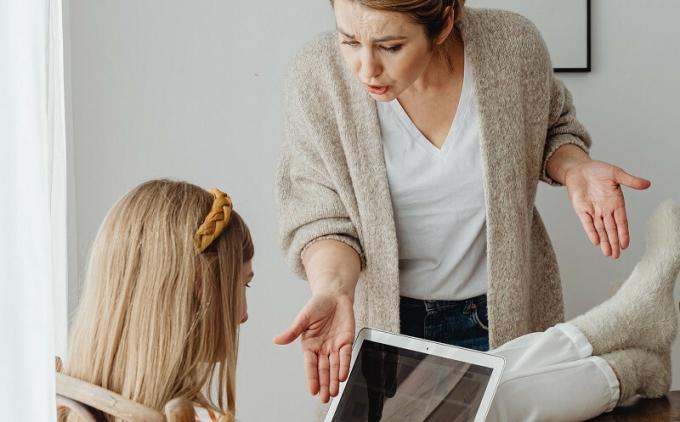Alternatives to screens for children and adolescents
The child's brain is nourished by different experiences that begin to have an impact on its development from the uterine environment. Every experience, environmental change, diet, stimulation environment and, especially, sensory information that this child lives throughout his life story, will generate an imprint for better or worse on the creation and organization of your brainespecially in the first 3 years of life. Therefore, it is very important to bear in mind that the stimulation that we and the environment offer to our children will build different neural circuits that will be activated throughout the life.
- Related article: "Child therapy: what is it and what are its benefits"
The problem of digital overstimulation
In summer, boys and girls usually have a lot of free time, and it is easy for them to invest it in front of the screens. New technologies can be a good educational tool for children from 7 or 8 years old, provided they are used appropriately, in the amount of time and context.
But the digital overstimulation it is also not suitable for the brain, especially at an early age. Exposing children to screens with an excessive amount of stimuli would not allow the brain to process them properly, generating that this can hinder the correct development of different cognitive areas in the future (attention, memory, language, etc…). The brain would seek the same threshold of stimuli to which it has been exposed, which could lead to restlessness and emotional regulation difficulties in the future.

We must bear in mind that the greatest alternative for our children to stop looking at screens is our quantity and quality time with them. The emotional and not only physical presence of fathers and mothers with their sons and daughters It is what is going to make it possible for them to leave technologies aside.
- You may be interested: "The 6 stages of childhood (physical and mental development)"
Offering alternatives to screens to improve their development
What activities can we do with our sons and daughters this summer to stimulate their brains and avoid screens?
1. Physical exercise
Sport generates an improvement in the brain functioning of boys and girls. More specifically, scientists say that team sports prevent the risk of developing anxiety, depression, attention difficulties, isolation or social problems. Likewise, a recent study shows that aerobic exercise of a certain intensity, such as swimming, improves mood and enhances learning and memory.
- Related article: "The 10 psychological benefits of practicing physical exercise"
2. Contact with the nature
According to several studies, an immersive experience in nature by minors benefits emotional well-being and academic and cognitive performance.
3. Board games and crafts
Carrying out artistic activities as a family or playing games such as cards, chess, logic or cooperative games will stimulate the sensory, motor and cognitive areas of your brain, In addition to generating an emotional imprint on our children, from that time shared with uswhich will live on in his memory.
- You may be interested: "10 psychological games for children: how to use them, and what they are for"
4. Free play with your peers
This favors a good development of the social skills, as well as the associative game power among other areas, cognitive flexibility (having to constantly readapt to the evolution and rules of the game) or frustration tolerance (if they get caught in the game of catch must stand still and wait to be saved, they cannot start the game again by pressing the “Start” as it happens in the video game).
5. let them get bored
That the infants get bored makes the child have to find their own motivation and thus facilitate the creation of new rules, structures or variables, thus promoting curiosity and creativity in minors.
This summer we can create the best recipe for our sons and daughters, containing the following ingredients: lots of affection, nature play and physical exercise, with a pinch of boredom.
Author: Anabel De La Cruz Sánchez, Health Psychologist at Vitaliza.
